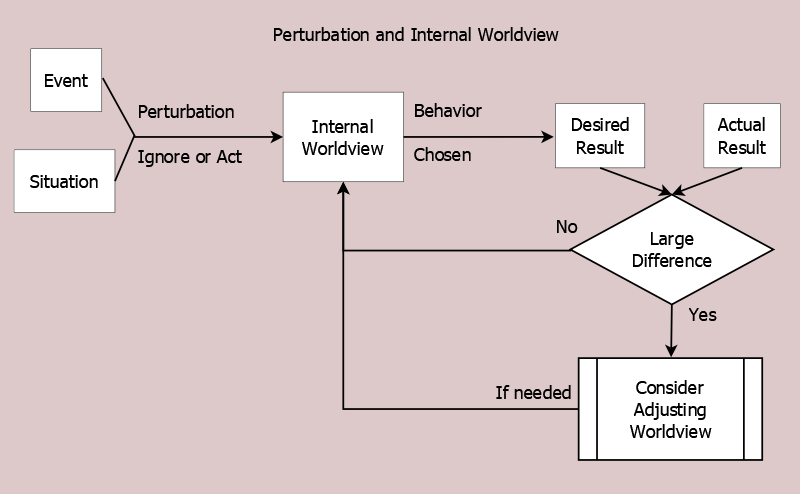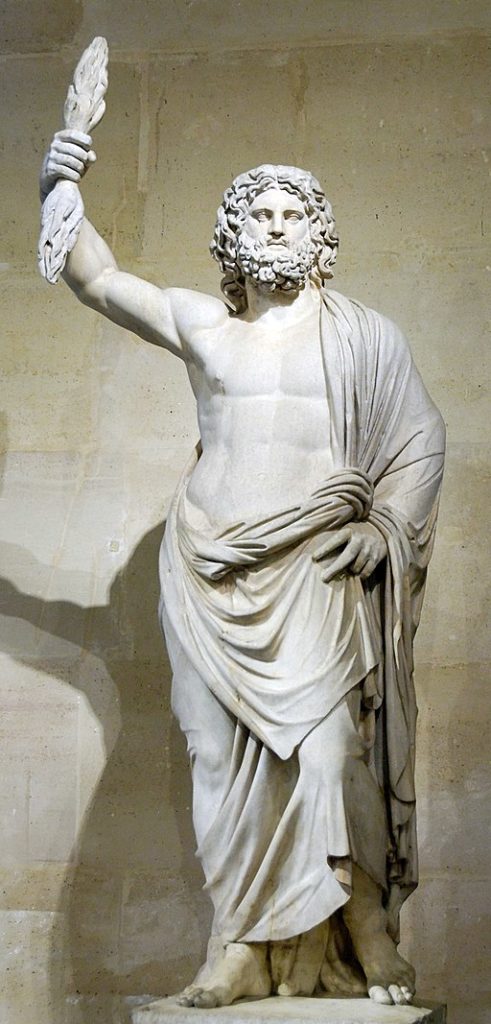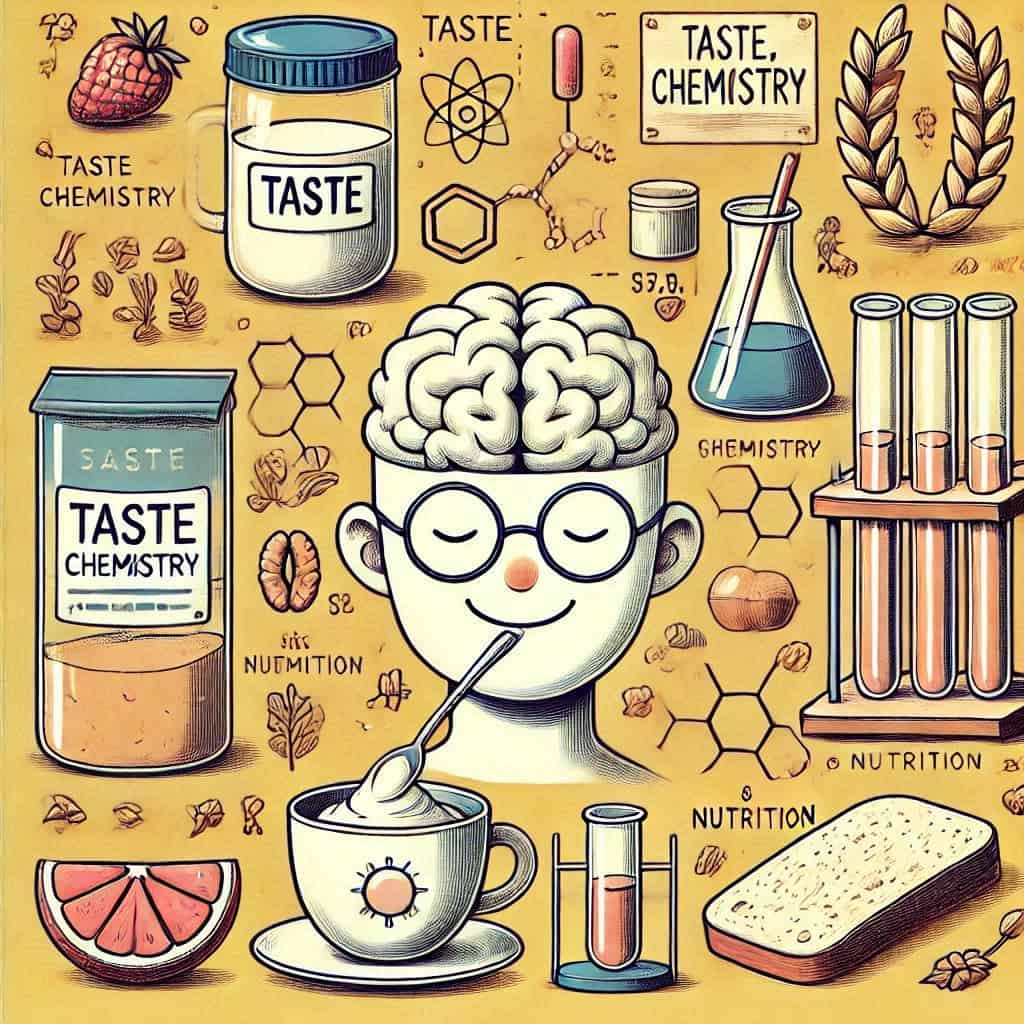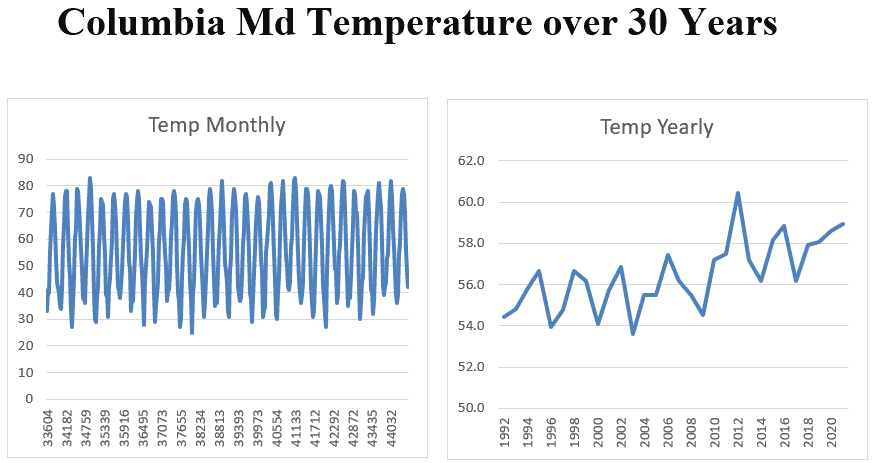Active Completion of Internal Worldview
Humanism is my pragmatic position. It allows free will along with scientific deduction. I can maximize my understanding of the external world, while recognizing that many individual choices appear to be freely made.
Why might a person think that free will exists, beyond a personal, subjective belief in it? First, our language speaks of voluntary actions. Our medical science organizes the human body with noted distinctions between voluntary and involuntary muscles. It is deep in our Whorfian web that choice between voluntary actions exists.
Second, there are many layers of cortex separating sensory input from motor output. This allows category flexibility between initial sensation and final action.
How does this flexibility arise? Where might uncertainty and imprecision come into a person’s worldview?
Our behavioral repertoire is a consequence of our current physical situation, augmented by our memories and understanding of past events. The active completion of our internal worldview makes use of forces unseen and unknown to others.
Each of us only receives a slice of the entire reality at any particular minute, but our internal world sees it as complete. How? Smoothing and completing missing or inconsistent input occurs in a number of ways.

See Mental Construction web site for recent developments.


